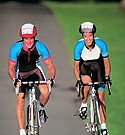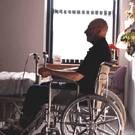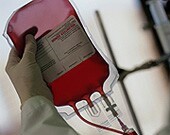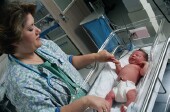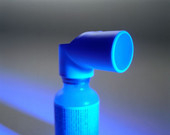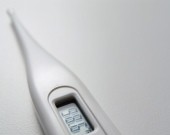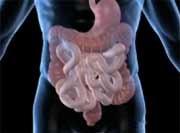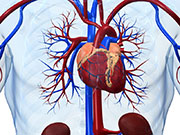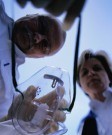Risk of Cardiac Arrest During Sports Low for Fit Middle-Aged
Only 5 percent of attacks occurred during activities such as jogging or bicycling
Veterans Listing Non-Nuclear Family Member As Next of Kin
Overall, 7 percent of veterans in Connecticut have people listed who are not nuclear family members
Case Report of Food Allergy Acquired Via Blood Transfusion
Doctors need to be aware of the possibility of 'passive transfer'
Statistical Model Helps Predict Neonatal Intubation Competency
Bayesian statistical model useful for describing neonatal intubation competency
2014 Bronchiolitis Guidelines Focus on Avoiding Interventions
AAP recommendations include omitting use of bronchodilators and pulse oximetry
Targeted Body Temp Mgmt Post Cardiac Arrest May Benefit Brain
Reducing body temperature slightly tied to good mental outcomes
ER Visits for Ischemic Stroke, TIA Down Over Past Decade
CDC study finds fewer patients treated in ERs for blood clots in the brain
CDC: Multidrug-Resistant Shigellosis Spreading in U.S.
Strain of Shigella is easily transmitted and causes tough-to-treat diarrhea, CDC says
Amiodarone Linked to Lowest Risk of Hospitalization in A-Fib
Lowest risk of atrial fibrillation hospitalization for amiodarone, greatest risk for dronedarone
Obesity Ups Respiratory Events in Peds Procedural Sedation
Increased odds of respiratory events, inability to complete associated procedure, prolonged recovery







